

Max Davies
6 Days Ago
With cocaine use on the rise, police in South Australia will soon be expanding their drug testing capabilities to catch drivers with the substance in their system.

Marketplace Journalist
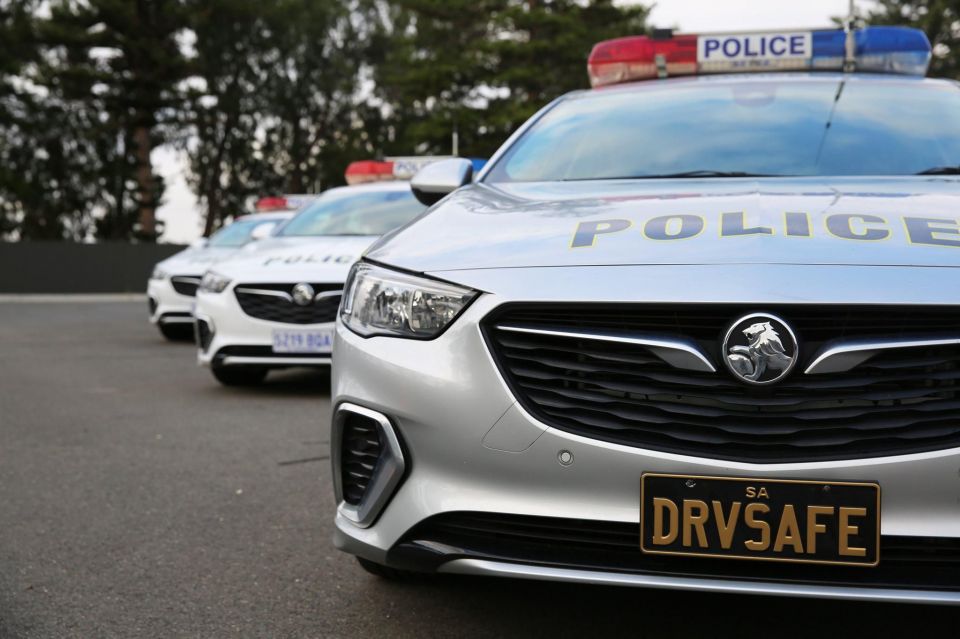

Marketplace Journalist
South Australia Police (SAPOL) will test drivers for cocaine as national average consumption of the substance reaches its highest recorded level to date.
Currently, SAPOL officers use roadside testing to detect methamphetamine, cannabis, and MDMA (ecstasy), but cocaine will be added to the list from early 2025.
The latest Australian Criminal Intelligence Commission National Wastewater Drug Monitoring report reveals the national average cocaine consumption for capital cities and regional areas was at its highest level since reporting began in August 2016.
Police say there has also been an increase in cocaine seizures, which indicates the drug is readily available.
SAPOL says in 2023 there were 31 deaths and 112 serious injuries on South Australian roads that were due to drivers or riders testing positive to drugs.
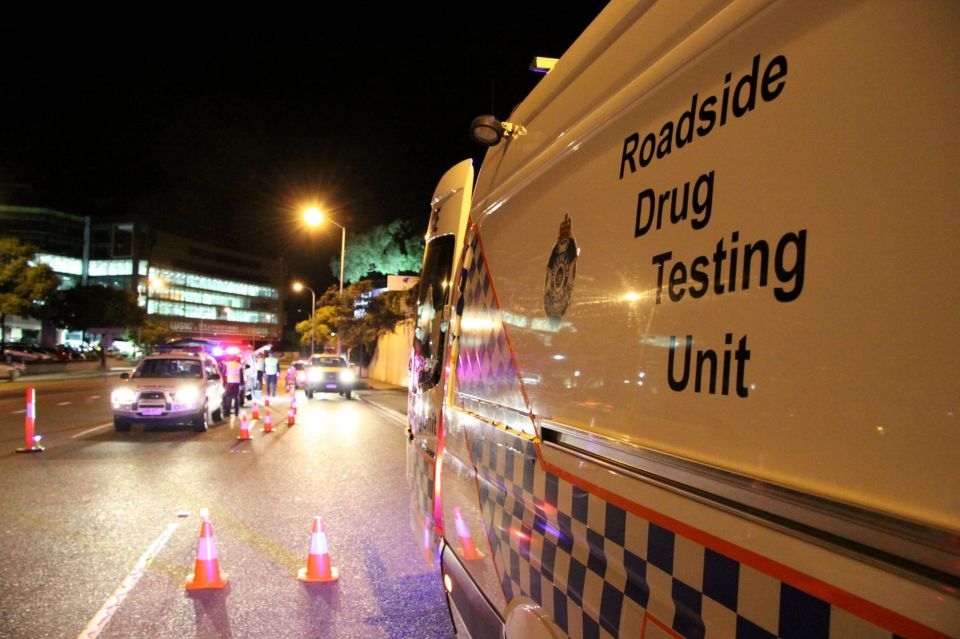
“The number of serious crashes involving drivers with cocaine has increased in the past five years,” said Commissioner of Police Grant Stevens.
“Between 2018 and 2023, cocaine was implicated in nine fatal crashes – this is unacceptable.”
SAPOL will soon go to tender to identify suitable drug screening tests with cocaine-detecting capability. Once a tender has been selected, regulations changes are required for the testing to begin in early 2025.
Cocaine testing will be conducted alongside random drug testing in South Australia, which has been operating since July 1, 2006. Police say up to 50,000 tests are conducted every year.
Cocaine hydrochloride is a central nervous system stimulant that speeds up the brain, bringing with it serious negative effects on driving.
“We know that consumption of cocaine can lead to overconfidence and aggression, reduced inhibition, increased risk-taking behaviours, agitation and loss of concentration, delusion, and affected vision, all traits you don’t want in a person driving,” Commissioner Stevens said.
“The new drug test will reinforce our existing capabilities and become the new norm for our random drug testing campaigns, including the blitz operations conducted throughout the year.”

Severe penalties apply to drivers who commit drug driving offences, and police can immediately impound an offender’s vehicle.
The penalty is an $849 fine, a $102 victim of crime levy, a minimum of three months of disqualification, and four demerit points.
Refusing, or failing to comply to a random drug test is also an offence, incurring an immediate loss of licence for 12 months, six demerit points, and a court-imposed penalty.
Drug screening for cocaine has already been operating in New South Wales since January 2018 and in Queensland since July 2023. In Queensland, more than 300 offenders were caught within the first six months of the test’s introduction.
MORE: Staggering number of drug drivers nabbed in roadside testing
Max Davies is an automotive journalist based in Melbourne, Australia. Max studied journalism at La Trobe University and stepped into the automotive world after graduating in late 2023. He grew up in regional Victoria, and with a passion for everything motorsport is a fan of Fernando Alonso.


Max Davies
6 Days Ago
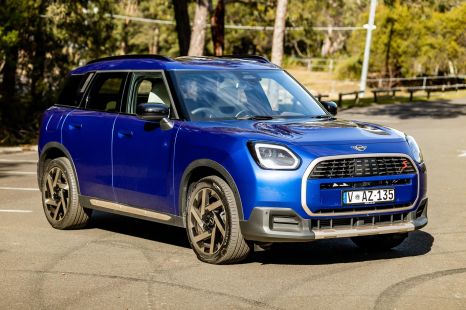

Matt Campbell
5 Days Ago


Max Davies
4 Days Ago


Josh Nevett
3 Days Ago
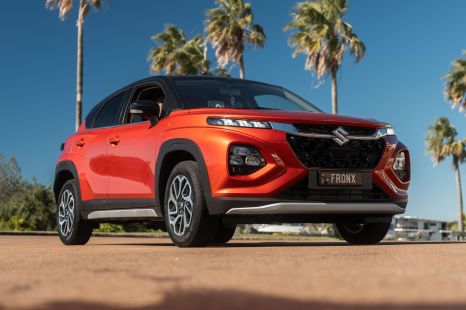

William Stopford
3 Days Ago
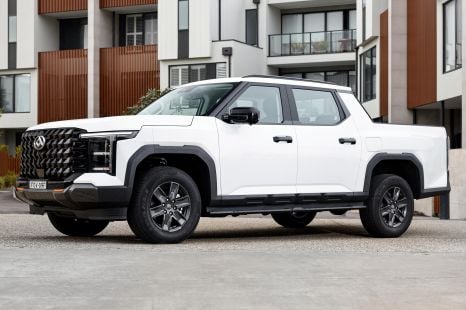

Damion Smy
2 Days Ago